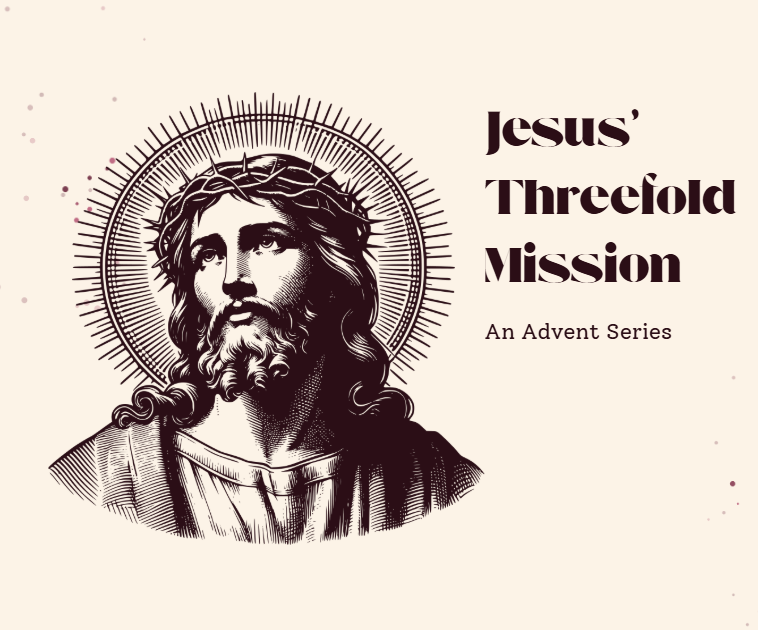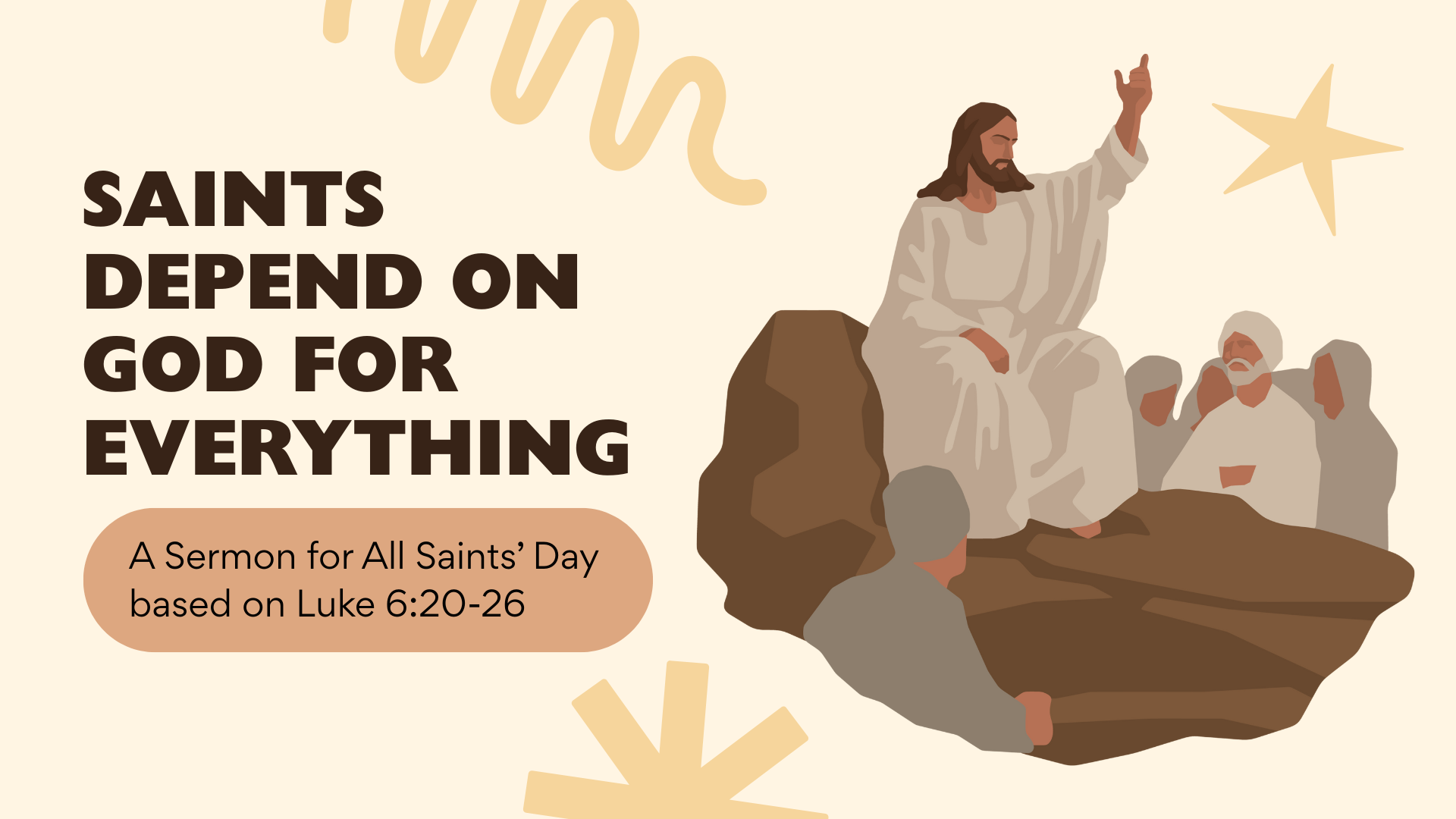We Need the Trinity (A Discussion of the Three-in-Oneness of God)

I am so thankful that there are people in the world who know how an internal combustion engine works. I am grateful to God that the secret knowledge of how to repair such an engine has been passed down through the generations ever since this technology was invented. When my own vehicle is having issues, there is someone out there who is capable of helping me fix it. There is no doubt that aspects of my life would improve if I understood more about how a car works and how to fix it. Sad to say, I just don’t. And yet, I survive.
Because when my son needs to go to the hospital, knowing how the car works is not nearly as important as knowing how to drive it. When the ball rolls into the street, and the basketball player chases after it, understanding how hard one needs to press on the brakes to stop the car is more important than understanding how the brake mechanism works. When surprised with a crisis or emergency, knowing how to use the technology or information is much more important than knowing how to explain the information.
That’s why the goal for this discussion will not be to explain the doctrine of the Trinity in a as satisfying a way as your mechanic (or you!) can explain how an engine works. Everyone who has tried, throughout the history of Christianity, has failed.
Unlike an internal combustion engine, God is not an invention of mankind. His thoughts and ways are higher than ours (Isaiah 55:8-9); his knowledge, his being surpasses ours (Isaiah 40:13-14). Every time we confess God to be almighty, divine, the “LORD,” we recognize how superior he is to us (Isaia 40:28).
So, why bother? If God’s essence cannot be fully comprehended nor explained, why even try? Why “invent words,” as we are often accused of doing with the words “Trinity” or “Triune,” which don’t appear in Scripture (which is true, they don’t)? Why did the early church fight tooth and nail to against trinity-deniers, to protect a doctrine that is by nature incomprehensible?
First and foremost, because God reveals it to us. The words Trinity (noun) and Triune (adjective) do not occur in Scripture, that’s true. But the concept is all over Scripture’s pages. We get little glimpses of it in the Old Testament. In Genesis 1:1-3, God the Father, Son, and Holy Spirit are all present in the creation of the world (compare with John 1:1-4). God commanded the priests of Israel to pronounce a three-fod blessing over the congregation, and Isaiah has a vision of God’s glory where he hears the three-fold praises of the angels, “Holy! Holy! Holy!” understood by many to be hints at the trinity (Isaiah 6:3). (There is more we could say about the Trinity in the Old Testament, but we’ll stop there for now.)
The New Testament reveals the Trinity a bit more explicitly. At Christ’s baptism, God the Son was being baptized while God the Father spoke, and God the Holy Spirit appeared as a dove (Mark 1:9-12). The three-fold blessing that hinted at God’s three-in-oneness in Numbers becomes more explicitly trinitarian in Paul’s closing blessing when he says, “May the grace of the Lord Jesus Christ, and the love of God, and the fellowship of the Holy Spirit be with you all” (2 Corinthians 13:14). Peter summarizes the contributions of each person of the trinity in his gospel preaching (Acts 5:30-32).
The Bible never attempts to explain how it is possible that God can be only one God (Deuteronomy 6:4) and yet also exist as three, distinct persons (Father, Son, and Holy Spirit). However, God’s Word does reveal this truth to us, despite the difficulty in comprehending it. See 1 Corinthians 2:7-10, where Paul describes the truth of Scripture to be “a mystery” and “the things God has revealed to us by his Spirit.”
So, if God is so far above us that we can’t understand him, and if he picks what to reveal about his incomprehensible will and nature to us, and if he chose to reveal the fact that he is triune to us, doesn’t it make sense to conclude there must be a good reason?
Return to the example above. If I know how to explain an internal combustion engine, that’s great. It’s more important that I know how to use it, especially when in crisis.God reveals the truth of his triune nature to us, because this is a truth we need to know. This is information that we can and should use, because we’re in crisis!
To a humanity that is in crisis of identity, God reveals, “I have formed you, created you, and love you, you are mine” (see Isaiah 43:1). He says, “I will always protect, preserve, and provide for you,” (see Psalm 145:15-16). These are activities ascribed to the person of God the Father.
To a human race that is in crisis of belonging, of acceptance, knowing we need love but not knowing where to find it, God reveals, “I am a God of grace, of unconditional love. I don’t hate you, but love you everlastingly,” (see John 1:14,18). To a human race plagued by gnawing guilt and agonizing shame, God creates a relationship of safety, of forgiveness, of everlasting and eternal life (see 1 Timothy 2:5-6). This is what we ascribe to the person of God the Son (Jesus).
To a human race in a crisis of direction, of ignorance, in need of guidance and hope and comfort, God reveals, “I am with you. You are mine. I will yoke myself to you and always be with you. I will lead you,” (see Galatians 5:22-26, 1 Corinthians 6:11, Romans 8:4 and 8:9). This is what we ascribe to the person of God the Holy Spirit.
Simply observe how Paul uses the work of God the Father to reach the hearts of the people of Athens in Acts 17:22-34. See how the forgiveness and love of Christ is used to spur us on to similar acts of service and love to one another in Ephesians 4:32-5:10. Go to Romans 8:14-17, 8:26-27, 15:14-16 and 1 Corinthians 2:9-16 to be comforted by the truth of the Holy Spirit’s work. The trinity is a doctrine to be studied, certainly, but it is a beautiful doctrine that begs to be used!
That’s why leaders in the early Christian church fought tooth and nail to protect it. The stakes were high! To abandon or misrepresent the doctrine of the trinity meant depriving anxious souls of the comfort they need, wayward wanderers of the direction they sought, and depressed and lonely hearts of the belonging and love that is so clearly there. That’s why it was worth their time to come up with three Creeds (the Apostles, the Nicene, and the Athanasian) that succinctly and directly express what Scripture teaches about each member of the Trinity. This is that important.
Next time you worship with us (and I so hope and pray that this is soon!) count for yourself how many references to the trinity there are in the service. More than that, observe how the doctrine of the trinity is used throughout! See for yourself how beautiful this doctrine is. Put it to good use. After all, that’s why it’s there!
This was a very quick discussion of a complex topic. If you have more questions and thoughts, we’d love to keep the discussion going! Join us any Sunday for Bible class at 9am, and service at 10:15am, and/or reach out to us directly via the Contact page. God bless you!
Pastor Mike Cherney







